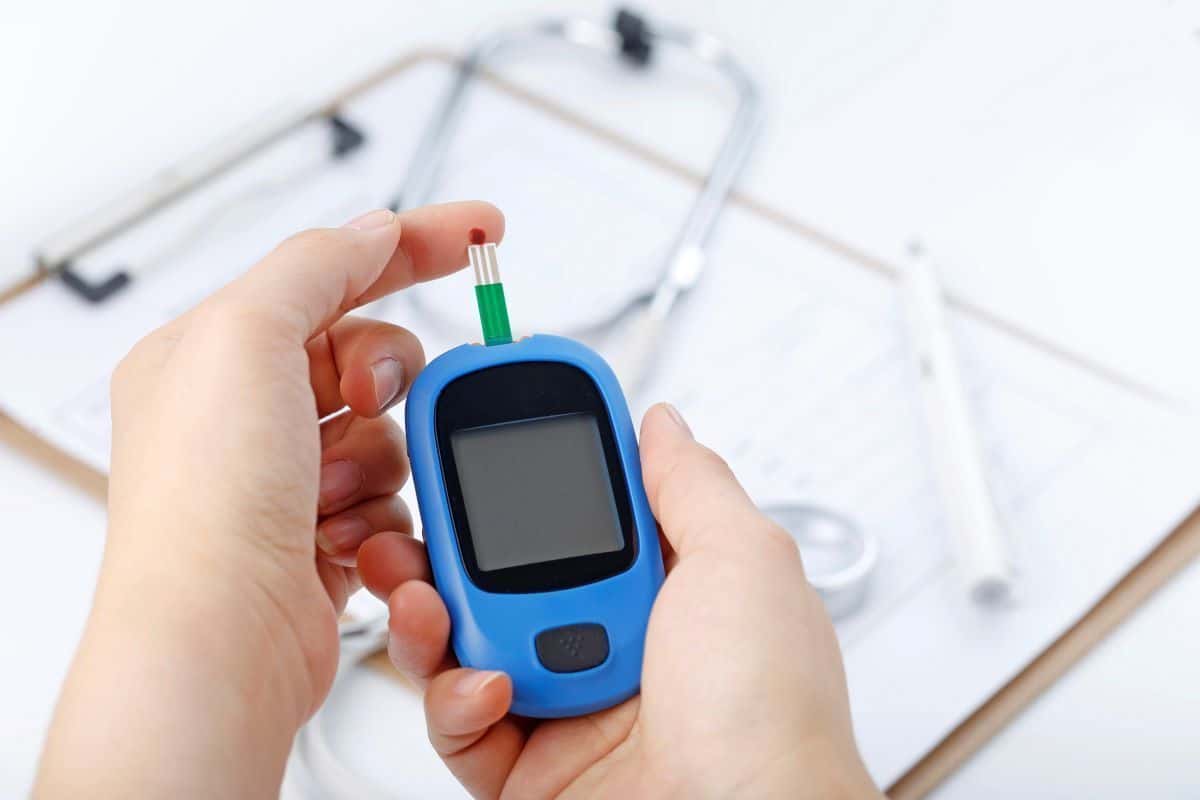In vitro diagnostic (IVD) tests are increasingly important for the prevention of diseases as well as for the selection and control of therapies. IVD tests are performed in samples taken from the human body, such as blood, urine or tissues, using reagents, instruments, and medical devices.
What are in vitro diagnostics?
The term in vitro diagnostics refers to any medical device that is used as reagent, product, calibration material, instrument or system intended for in vitro testing. Not only are IVD tests indispensable for making a correct diagnosis, but therapeutic decisions often hinge on the results. For precision medicine, IVD tests are used to identify patients who are likely to benefit from specific treatments or therapies. These tests can include next generation sequencing, which scan a person’s DNA to detect genomic variations. IVD tests can be done in laboratories, hospitals and as point-of-care (POC) tests. The rising demand for POC IVD devices has positively impacted the growth of the global IVD market. The forecast projects to reach USD 96.0 billion by 2025 from USD 84.5 billion in 2020 1marketsandmarkets.com report.
Peptides for in vitro diagnostics
Peptide-based IVD are used in particular for the detection of infectious diseases, cardiac diseases, cancer and immune disorders. Diagnostic assays are often based on antigen-antibody interactions, which are the basis for techniques like enzyme-linked immunosorbent assay (ELISA), radioimmunoassay or enzyme-linked immune sorbent spot (ELISPot), and Western blot, where peptides are major components acting as antigens. These assays are used to measure the presence or concentration of a biomarker molecule. Whenever possible, biological molecules in diagnostic tests are replaced by synthetic ones, usually synthetic peptides or related molecules. This is due to the advantageous properties of synthetic molecules compared to biological ones. Synthetic molecules are more robust, easier to transport and to store, and cheaper to produce. In addition, they can be produced in a highly reproducible fashion, which allows worldwide standardization and efficient registration.
Bachem meets the requirements for in vitro diagnostics
Peptides for IVD tests have to meet laboratories expectations to ensure the sensitivity and specificity of the test. The quality of the peptide and a reliable and trusted source of supply is then crucial. To meet diagnostic requirements for industries, robust manufacturing processes for commercial supply have to be implemented as well as traceability and reporting of critical change control. Our Center of Excellence for Custom Synthesis in St. Helens (UK) is certified according to ISO 13485 for the production of peptides as important raw materials for medical devices. It offers a state-of-the-art quality management system and peptide manufacturing equipment. Additional services such as the use of dedicated equipment during manufacturing and customized vialing of the finished product are available.
At Bachem, we assist our partners at every stage of product development: from early stage R&D all the way through to commercialization. Together with our clients, we define the requirements (e.g. specifications, quality, dedicated equipment) and establish a robust manufacturing process for future commercial supply.
Bachem’s success relies on commitment to our partners, innovation and technology, our excellence and quality, our responsibility towards our people and environment.
Subscribe to our newsletter
"*" indicates required fields
- 1
